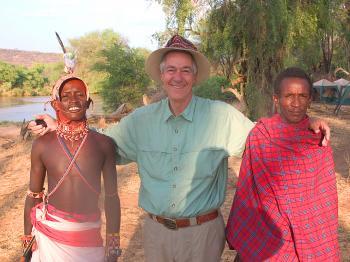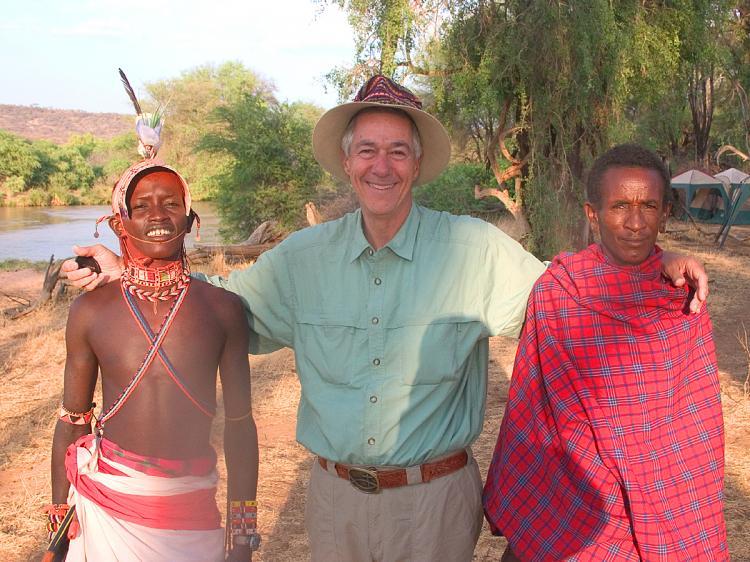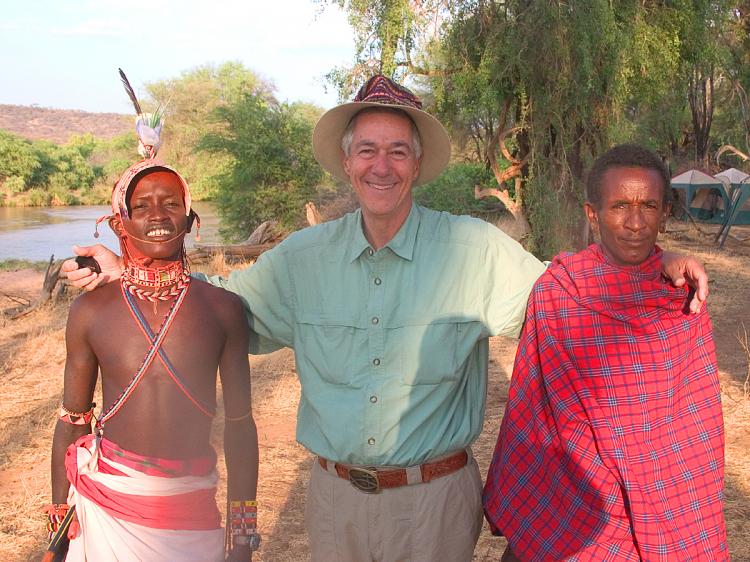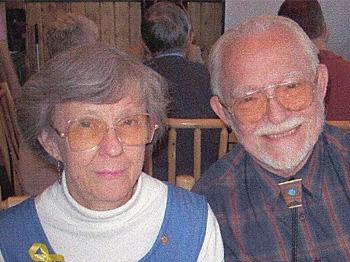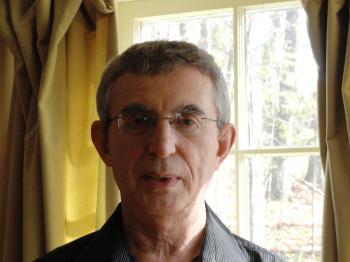The family of his mother, Nancy Gibbs, came to America on the Mayflower. To this day, the descendents of Pilgrims or pioneers are seen as the “aristocracy of birth.”
But American lore also celebrates the lure of the West. The new westward-bound generations traveled by wagon, carrying a Bible and a guitar. Their impetus is captured in the words of Horace Greeley in 1841: “Go west, before you are fitted for no life but that of the factory.”
Bill Haljun’s maternal grandparents went to Los Angeles. While there, his mother eloped with Archie Haljun to the consternation of both parents: Nancy was not Armenian and Archie was an immigrant.
The Haljun story interests me. Newer waves of immigrants have made the melting pot of America their unparalleled position as a place of refuge.
Haljun’s father, Moses, experienced the Armenian holocaust in the Turkish Ottoman Empire during World War I. When he was 3-years-old, Moses saw his father beheaded with a Turkish sword.
A woman who earned her living in Germany by washing dishes supported Moses at the Catholic orphanage in Istanbul. When he was 15, she came to see him and offered him a ticket to the United States. It took her three more years to earn the money for his emigration.
He boarded a Merchant Marine ship that took him around the world and finally to Ellis Island. Since he had learned the trade of making shoes at the orphanage, he came to a shoe factory in Boston to work as a “laster”—a person who finishes the shoe.
He searched for an Armenian wife, but the Armenian women in Boston were unappealing to him. On Memorial Day weekend, he went to look for a bride among Armenians in New York.
Bill’s grandfather suggested that his daughter Zarouhie might be suitable. The family promenaded her up and down Central Park while Moses watched from a bench. That evening he came to dinner. When he proposed, Zarouhie left the table and went to her room. Her mother followed her and said, “This man is Christian, has a job, and is Armenian. You will marry him at 3:00 p.m. tomorrow.”
Of all the jobs Haljun has had in his life, his favorite was being president of The Big Idea Foundation. He liked traveling all over the United States, talking to families and psychiatrists. He went to churches (black, Hispanic, and white,) and even to Jeremiah Wright’s church (with 300 attending). Haljun and two colleagues looked for ways to enhance family relationships by teaching families to spend time playing with each other instead of using the media.
He is now using ideas he garnered to teach math to children in the forthcoming “Carlito’s Mathhouse.”
A great traveler, Haljun has been to more African countries than to countries on other continents. He says, “Africa is the most transcendent place because it is the way it was when God walked the world. The Serengeti Plains is virgin land; the only other place that is the nearest experience is the Grand Teton—the newest mountain, short of the mountains springing up under the ocean in Hawaii.”
After each adventure, Haljun returns to the United States and says, “It’s great to be back home.”

